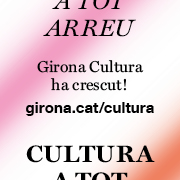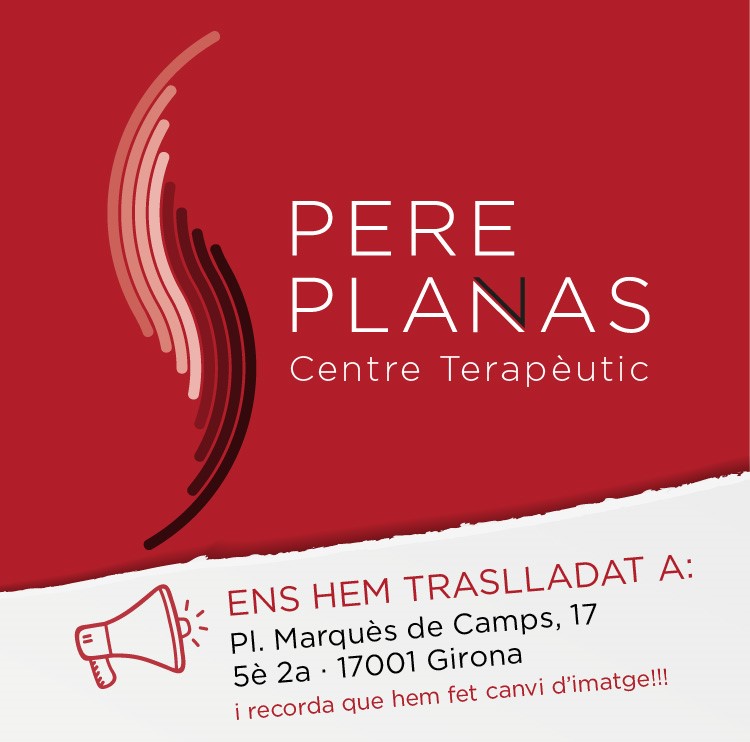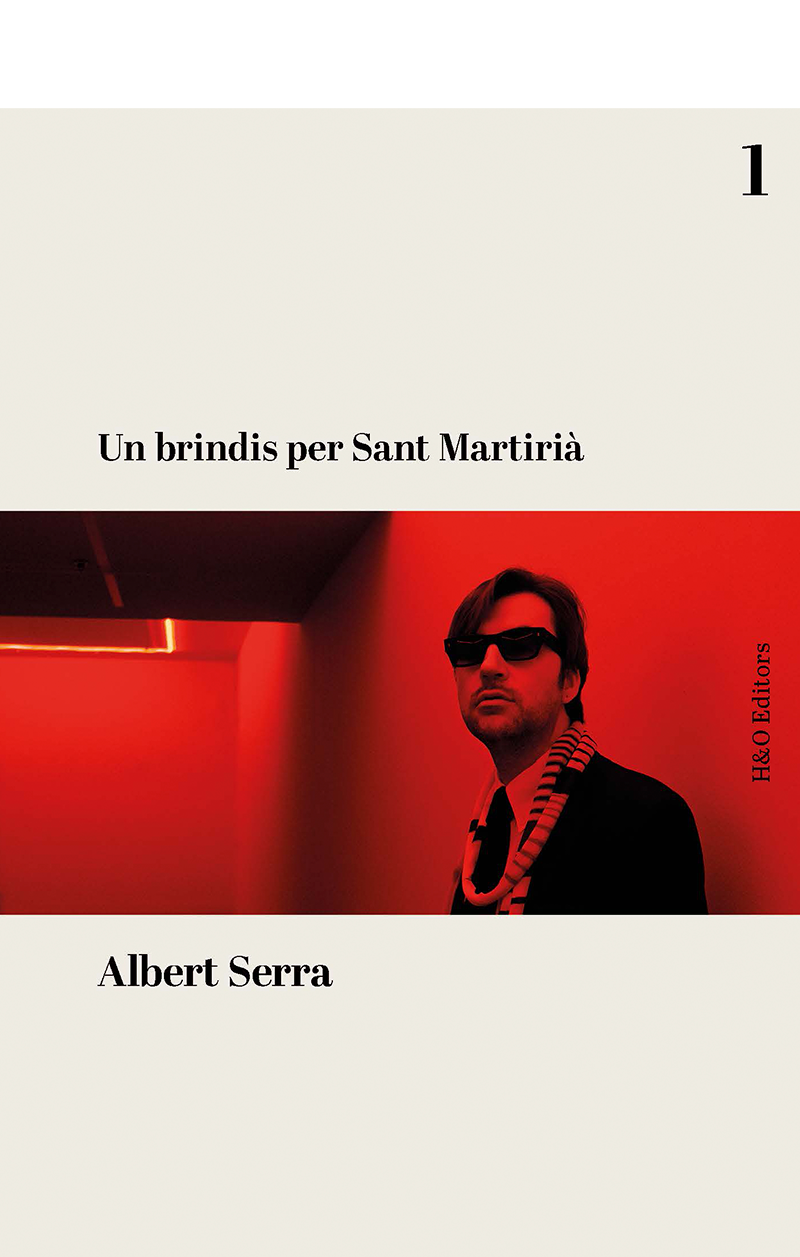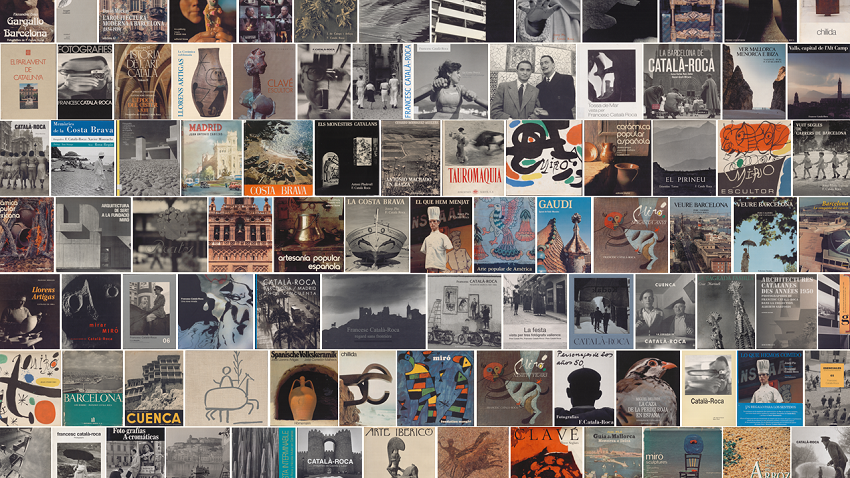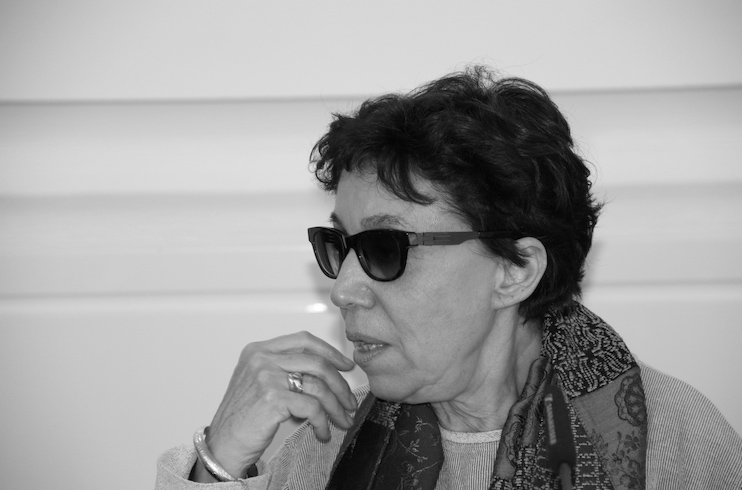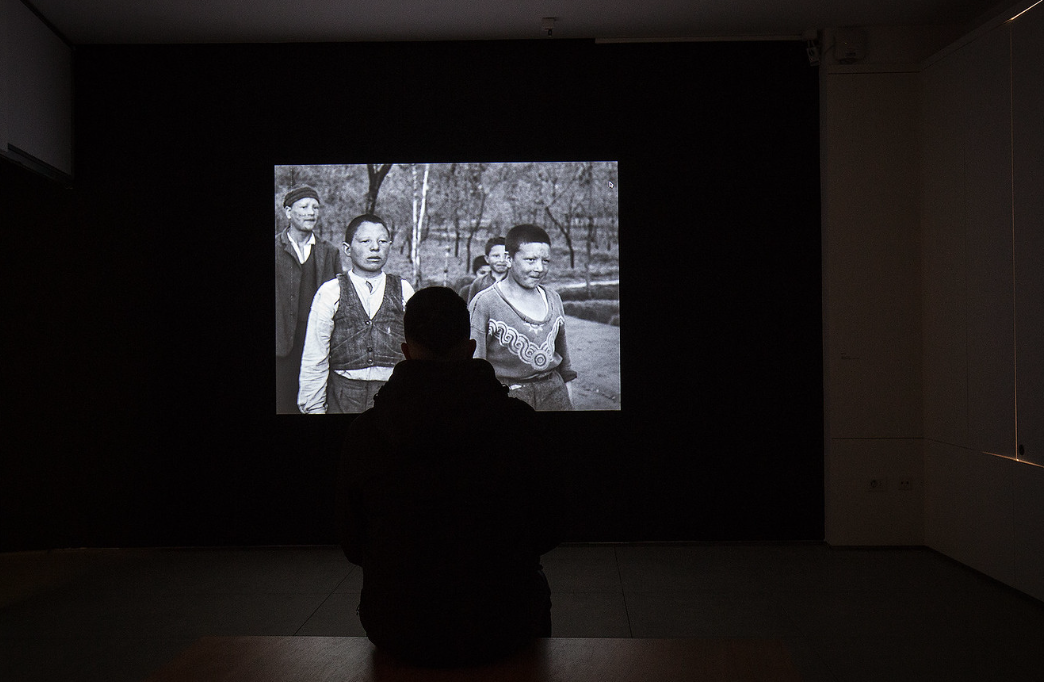
Hélène Cixous and her text El riure de la Medusa , published in 1975, are the backbone of the new Bòlit exhibition on monstrosity, identity and gender. More than an exhibition, My body knows unheard songs, the flesh says to see, I am spacious flesh that sings is the pre-title of a collective research carried out by thinkers and artists of different ages and fields. Curated by Ingrid Guardiola and Marta Segarra, with works by Laia Estruch, Forough Farrokhzad, Maria Isern, Marina Núñez, Txe Roimeser, Jara Rocha, Femke Snelting, Mireia Trias and Hélène Cixous, it can be enjoyed from February 10 to 30 April in Bòlit_PouRodó and Bòlit_StNicolau.
In a very literary space, with works that dialogue with each other, we find the body and the voice as protagonists. We think of witches, mermaids, Medusa, the sick body...monster women as a response to the masculine and binary imaginary. Image and voice intersect in different installations that invite us to rethink beauty, desire and the relationship with the same body and that of the other. Who are the monster women? How are these marginal realities shaped and what meaning do we give them? what is monstrous What within the narrow patriarchal parameters in which identities are constructed? With these questions and others, the exhibition puts before the public pieces that speak to us from history, theory or personal testimony.
The proposals of the artists go through the video essay, the documentary, the performance , the reading and the installation of digital archives in the process of growth and mutation. We revisit past works, such as The House is Black , the only cinematographic work by the Iranian Forough Farrokhzad, from 1962, which shows life in a leprosy, mixing poetry and documentary. New pieces are also presented, such as the case of Mireia Trias and Maria Isern with Del peix a l'espina , a video essay on the anorexic body and the relationship with love, hunger, desire and the body. Likewise, we find works in progress, such as x, y, z: Volumetric Regimes , by Possible Bodies (Jara Rocha and Femke Snelting), a technological and transfeminist research on the relationship between the representation of the body, the management of power and its political implications.
All accompanied by a series of activities that will help to put context and rethink these subaltern identities. More than a dozen days in which we find guided tours, performances , workshops, screenings, round tables... even a master lesson by Hélène Cixous with the Ferrater Mora Chair at the University of Girona. A whole set of reflections to deal with a moment when the debate about identity and gender becomes more current than ever.


